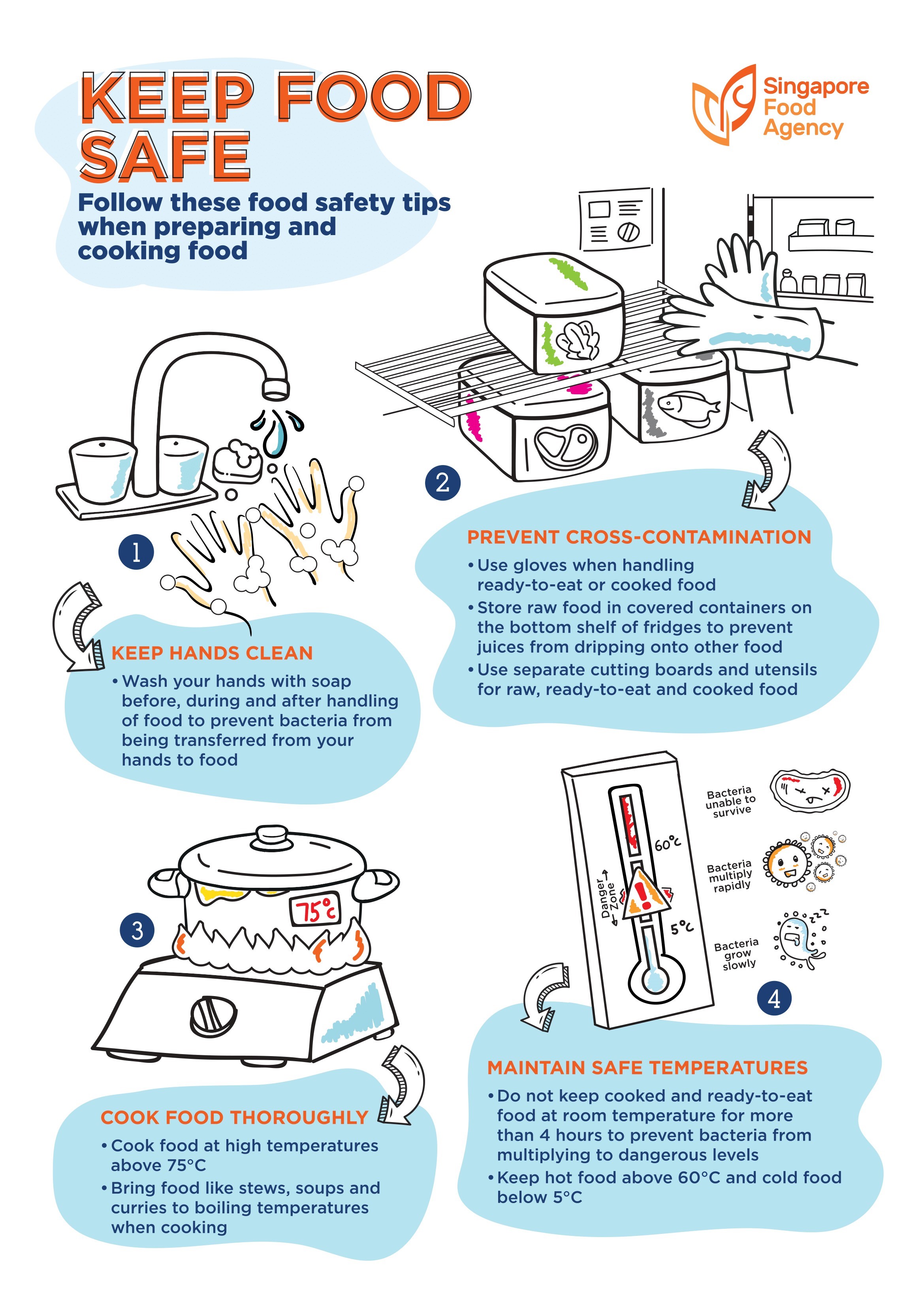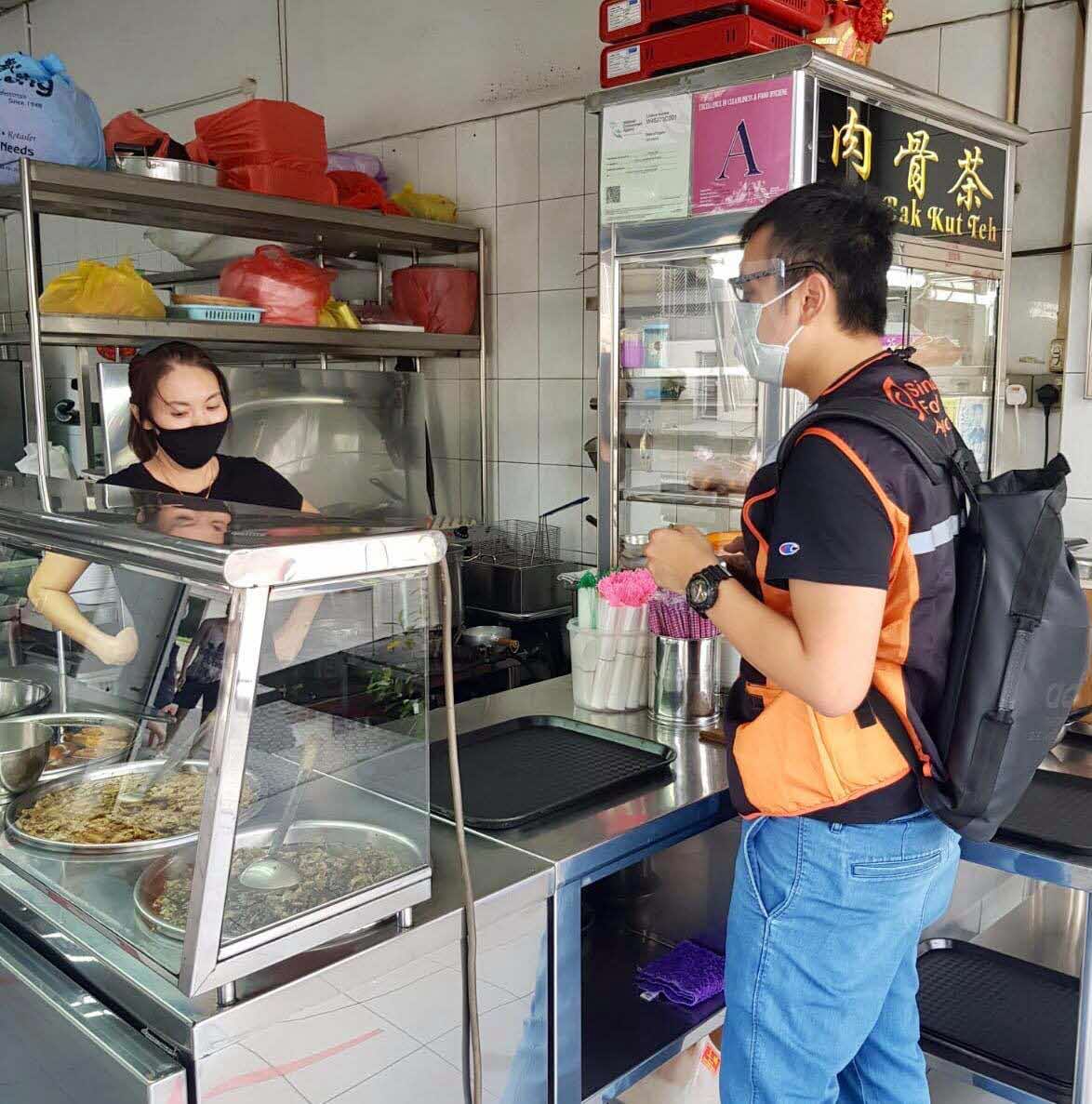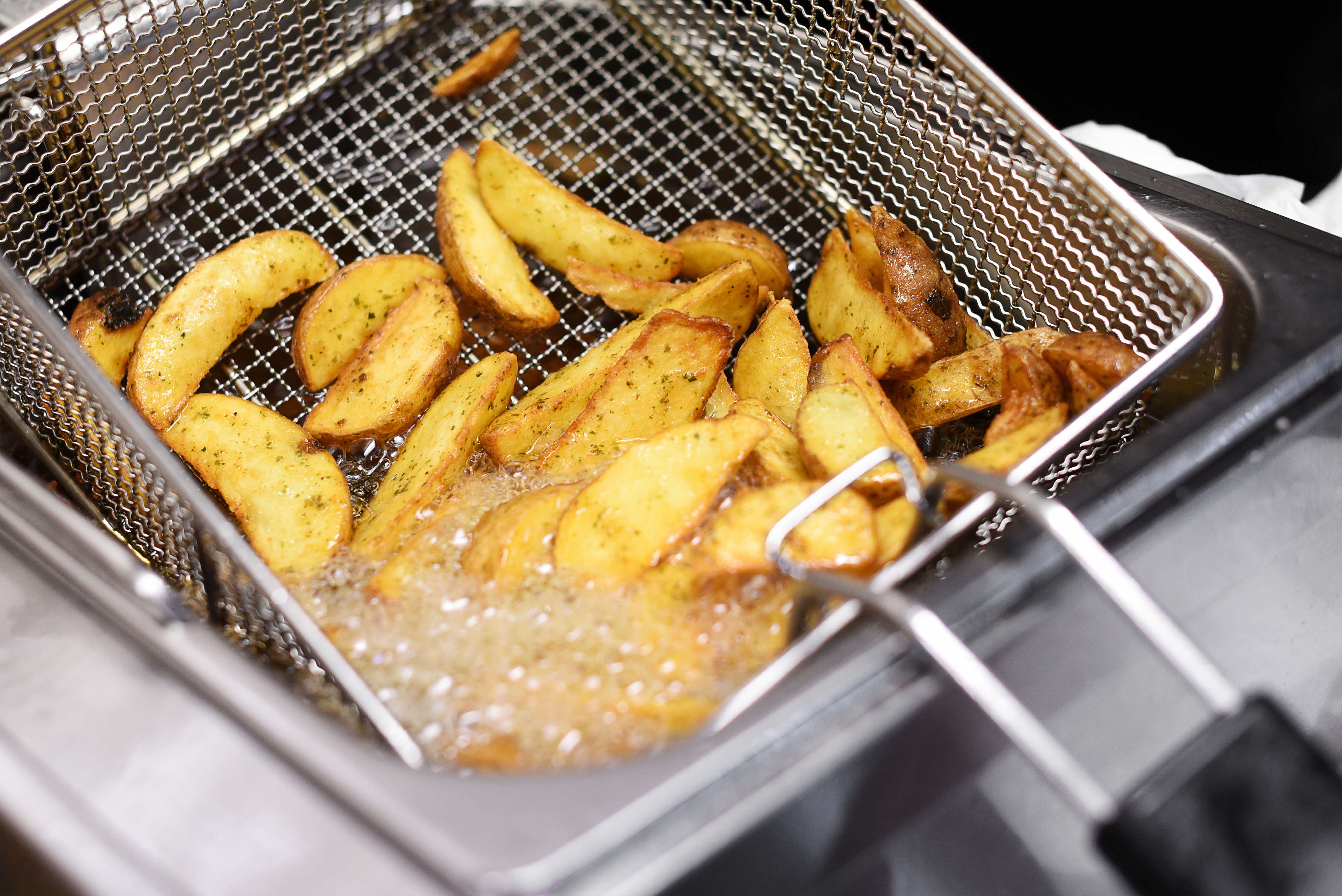Summary: The theme for this year’s World Food Safety Day is “Food Safety: Prepare for the Unexpected”. Singapore is well-equipped to manage and mitigate food safety obstacles through joint responsibility between the food industry, consumers and the Government.
|
World Food Safety Day is observed annually on 7 June and jointly led by the Food and Agriculture Organization of the United Nations and the World Health Organization. This year’s theme, "Food safety: prepare for the unexpected", underscores the importance of being prepared for food safety incidents. Let's reflect on how we tackle food safety challenges together.
1. Engaging in Food Safety: Industry’s Role
It is important for the food industry to play an active role in adhering to food safety requirements and ensure that the food they provide to the public is safe for consumption.
a. Compliance with regulations: The industry can ensure safety in food production by adhering to industry best practices, such as Hazard Analysis and Critical Control Points (HACCP) and Good Manufacturing Practices (GMP).
- Food Safety Management System (FSMS) with HACCP: All caterers and food businesses approved to conduct ancillary catering activities are required to implement a HACCP-based FSMS. This system serves as a shield against foodborne hazards as food businesses would identify and mitigate risks at every stage of the processing chain.
- GMP: Dictates that additives should be utilised sparingly, ensuring that food retains its safety standards.
b. Taking ownership and responsibility: The industry can take proactive measures such as supplier management, quality control systems, and education on safe food practices to uphold food safety standards. Some examples include:
- Supplier management: The journey to food safety begins with responsible sourcing. Through careful vetting of suppliers and forging partnerships, the industry lays the foundation for a safe and secure food supply chain.
- Quality control systems: By implementing quality checks at every stage of production to detect contaminants and harmful substances, the industry ensures that each product meets food safety standards.

2. Empowering Consumers: Key to Food Safety
Consumers hold the power to safeguard the safety of the meals prepared for their loved ones. Equipping yourself with knowledge of food safety risks and adopting safe food practices are therefore of paramount importance.
a. Taking action: Consumers can incorporate simple yet effective actions into their daily routines, such as by washing hands, utensils and surfaces regularly to prevent the transmission of germs and contaminants. We can all protect ourselves and our loved ones if we adopt good food safety practices.
b. Accessing resources: Consumers can also read up on resources available on the SFA website and social media platforms for best practices for food handling, storage and preparation, so as to make informed decisions about their food choices and practices. Travelling exhibitions, talks and learning journeys hosted by SFA, are also available for the public to learn more about food safety.
An example of a food safety resource available to the public
3. Enabling Food Safety: SFA's Strategic Initiatives
As Singapore’s lead agency for food-related matters, SFA is committed to ensuring and securing a supply of safe food for the nation. Through a multifaceted approach, SFA champions food safety with commitment and precision. This includes:
a. Providing a robust food safety system: SFA adopts an integrated farm-to-fork food safety system that is aligned with international standards to regulate the safety of our food supply chain. This covers areas such as the accreditation of overseas sources of food, regulation of food imports, and the monitoring of local primary production and food establishments.
b. Using data-driven and science-based methods: SFA employs data-driven risk assessment and management techniques along the entire supply chain to identify and mitigate foodborne risks. It also collaborates with scientific organisations to stay abreast of developments in the food safety landscape.
c. Creating an enabling environment: SFA empowers all stakeholders to each play their part in ensuring food safety by enhancing industry competency through targeted initiatives and educating the public on food safety risks and best practices.
 SFA’s targeted operations cover licensees with poor track records, those that have had foodborne outbreaks and those highlighted by public feedback.
SFA’s targeted operations cover licensees with poor track records, those that have had foodborne outbreaks and those highlighted by public feedback.
Food safety is the bedrock of food security. As we commemorate World Food Safety Day 2024, let us continue to work hand in hand to safeguard food safety and prepare for the unexpected!



